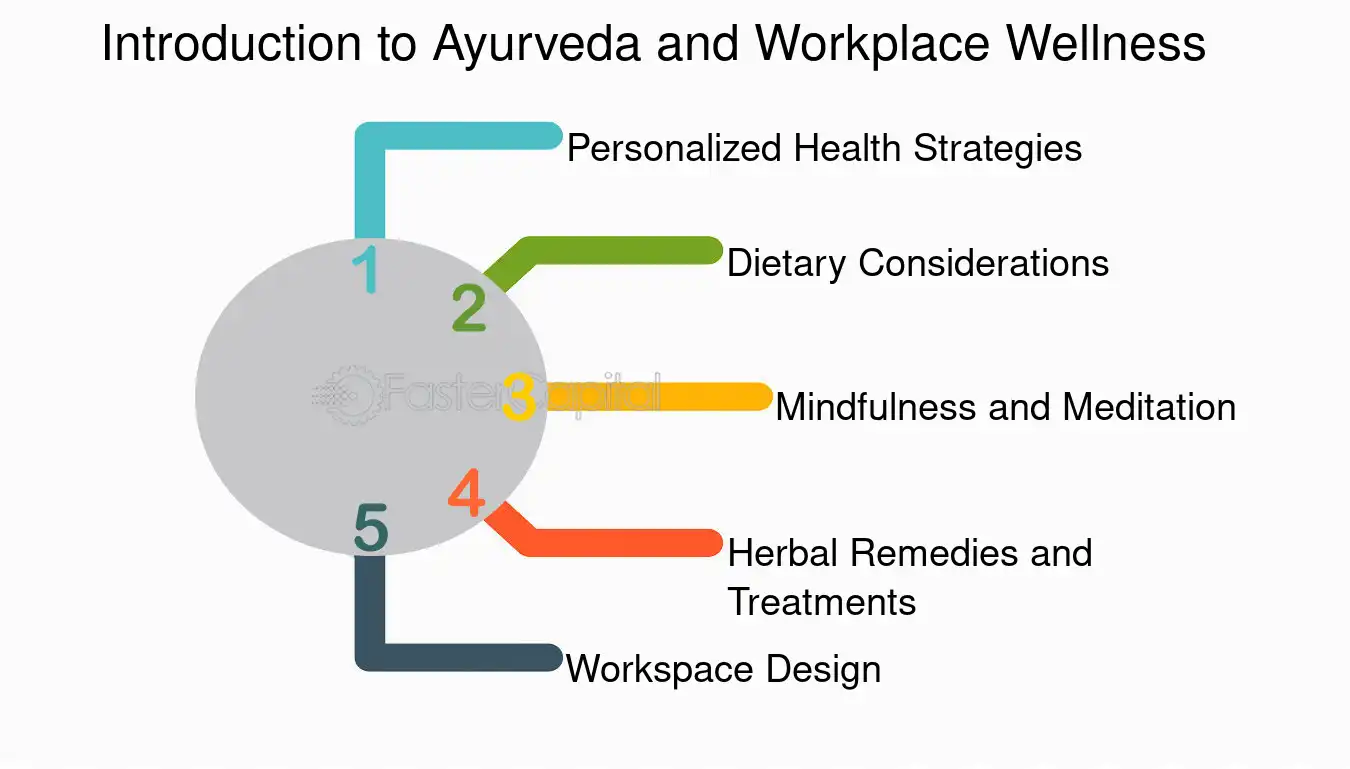Chronic diseases are long-lasting conditions that can significantly affect quality of life. Common examples include heart disease, diabetes, arthritis, and high blood pressure. While conventional medicine often focuses on treatment, Ayurveda takes a preventative approach by focusing on maintaining balance and harmony within the body. In this post, we’ll explore how Ayurveda can help prevent chronic diseases and promote long-term health through natural remedies, lifestyle adjustments, and personalized care.
Understanding Ayurveda’s Preventative Approach
Ayurveda is an ancient system of medicine that originated in India over 5,000 years ago. Unlike conventional medicine, which primarily treats symptoms and diseases, Ayurveda focuses on the root cause of imbalance in the body. It believes that when the body, mind, and spirit are in harmony, disease is less likely to occur. Ayurvedic practitioners use a combination of diet, herbal treatments, lifestyle changes, and detoxification practices to maintain this balance.
The Role of Diet in Disease Prevention
One of the key components of Ayurvedic practice is the emphasis on diet. Ayurveda recognizes that what we eat directly impacts our health, and a balanced diet is essential for preventing chronic diseases. Foods in Ayurveda are categorized according to their properties—whether they are hot, cold, dry, or oily—and the goal is to eat in a way that balances your unique constitution (dosha).
For example, if you have a Pitta dosha, you may need to avoid spicy and acidic foods that could increase heat in the body. On the other hand, if you have a Vata dosha, warm and grounding foods like soups and stews can help prevent imbalances. Eating a variety of whole, organic foods that are easy to digest can help the body function optimally and prevent diseases such as digestive disorders, diabetes, and cardiovascular issues.
Herbal Remedies for Chronic Disease Prevention
Ayurveda makes use of a wide array of herbs known for their medicinal properties. These herbs help strengthen the body’s defenses, improve digestion, reduce inflammation, and balance the body’s energy. Some well-known herbs used in Ayurvedic medicine for disease prevention include:
- Turmeric: Known for its anti-inflammatory and antioxidant properties, turmeric helps prevent chronic conditions like heart disease and arthritis.
- Ashwagandha: This adaptogen helps the body cope with stress, improves energy levels, and strengthens immunity.
- Tulsi (Holy Basil): Known as the “queen of herbs,” tulsi supports immune health and fights inflammation.
- Ginger: A powerful herb for digestive health, ginger helps prevent conditions like indigestion and bloating, which can contribute to chronic diseases.
Incorporating these herbs into your daily routine can help prevent the onset of chronic diseases by keeping the body strong, balanced, and resistant to illness.
Ayurvedic Detoxification for Prevention
Ayurvedic detoxification, known as Panchakarma, is another key practice for disease prevention. Panchakarma involves a series of therapeutic treatments designed to cleanse the body of toxins (ama) and restore balance. This detox process helps the body remove accumulated waste and improve circulation, digestion, and overall vitality.
Regular detoxification supports the immune system, reduces inflammation, and promotes mental clarity, all of which are essential for preventing chronic diseases. By incorporating detox practices like abhyanga (oil massage), steam therapy, and nasal irrigation, Ayurveda helps the body eliminate harmful toxins and prevent disease before it takes root.
Balancing the Mind and Body
In Ayurveda, mental health is just as important as physical health. Chronic stress, anxiety, and emotional imbalance can contribute to a wide range of chronic conditions, including heart disease, high blood pressure, and digestive disorders. Ayurveda advocates for a holistic approach to mental wellness, which includes meditation, yoga, breathing exercises, and mindfulness practices.
By incorporating stress management techniques into daily life, you can reduce the harmful effects of stress on the body and prevent conditions like hypertension, diabetes, and chronic fatigue.
Personalized Lifestyle Changes for Prevention
Ayurveda recognizes that each person is unique, and the key to disease prevention lies in a personalized approach. By determining your dosha (body constitution), an Ayurvedic practitioner can recommend tailored lifestyle changes to prevent chronic diseases. This may include adjustments to your diet, daily routines, sleep habits, and exercise regimen.
For example, someone with a Kapha dosha, which is naturally prone to weight gain and sluggishness, may be advised to incorporate more physical activity and eat lighter, less oily foods to prevent obesity and related diseases like diabetes. Conversely, someone with a Vata dosha may be encouraged to maintain regular sleep patterns and avoid excessive physical exertion to prevent fatigue and stress-related conditions.
Conclusion
Prevent chronic diseases with Ayurveda, a powerful, natural approach that promotes overall balance and well-being. Through personalized treatments, diet, herbs, and stress management techniques, Ayurveda helps strengthen the body’s natural defenses and supports long-term health. By integrating Ayurvedic practices into your daily routine, you can significantly reduce the risk of chronic diseases and promote lasting wellness. If you’re looking to prevent chronic diseases with Ayurveda and achieve a healthier lifestyle, consider incorporating these time-tested practices into your life today.
For more scientific research on Ayurveda’s role in chronic disease prevention, you can refer to PubMed’s research articles on Ayurveda.

